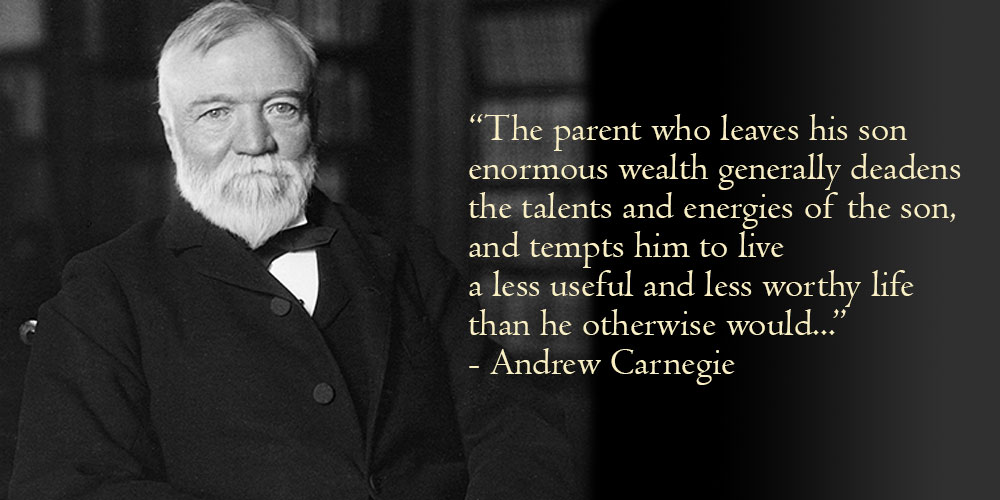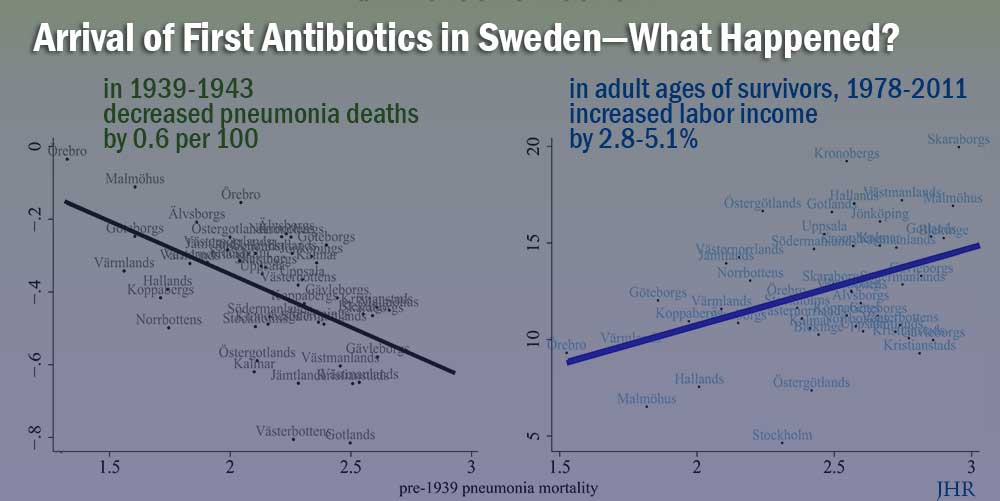Does an Inheritance Make You Work Less?
Many people are dying wealthier and leaving larger estates. At the same time, the old-age economic dependency ratio—the number of people aged 65 and over as a percentage of the total labor force—will increase in many parts of the world. During his life, Gilded Age millionaire philanthropist Andrew Carnegie asserted that a large inheritance causes people to work less. If this is true, the old-age dependency ratio may worsen even further, and it would be useful to design sensible tax policies for bequests and inheritances accordingly. Researchers Erlend E. Bø, Elin Halvorsen, and Thor O. Thoresen explore the effect of inherited wealth on labor force participation in their recent study.
They revisit this so-called Carnegie effect by examining administrative data for the entire Norwegian population. So do children who inherit work less? Yes. They found that the estimated negative effect of inherited wealth on labor effort was about 7 percent in the first five years after inheriting.
Because the dataset is so detailed, they were also for the first time able to investigate how the Carnegie effect varies across groups of recipients. They found stronger effects for persons close to retirement, but they also found large and significant effects for young inheritors. The results with respect to young recipients denote long-lasting harmful Carnegie effects. The study did reveal evidence that some inheritors use the new funds for business activities.
The Carnegie effects were stronger for larger inheritances. Notably, the team also found that recipients with their own heirs may work to preserve some of the inheritance for the next generation.
Bø, Halvorsen, and Thoresen note that these final two findings in particular have policy implications. These findings support two rather common features of the inheritance tax: progressive rate schedules and higher tax rates for recipients who are not direct heirs.
Read the full study in The Journal of Human Resources: “Heterogeneity of the Carnegie Effect,” by Erlend E. Bø, Elin Halvorsen, and Thor O. Thoresen.
***
Erlend E. Bø, Research Department, Statistics Norway; Elin Halvorsen, Research Department, Statistics Norway, and Thor O. Thoresen Research Department, Statistics Norway; Oslo Fiscal Studies, Department of Economics, University of Oslo; and CESifo, Munich.



